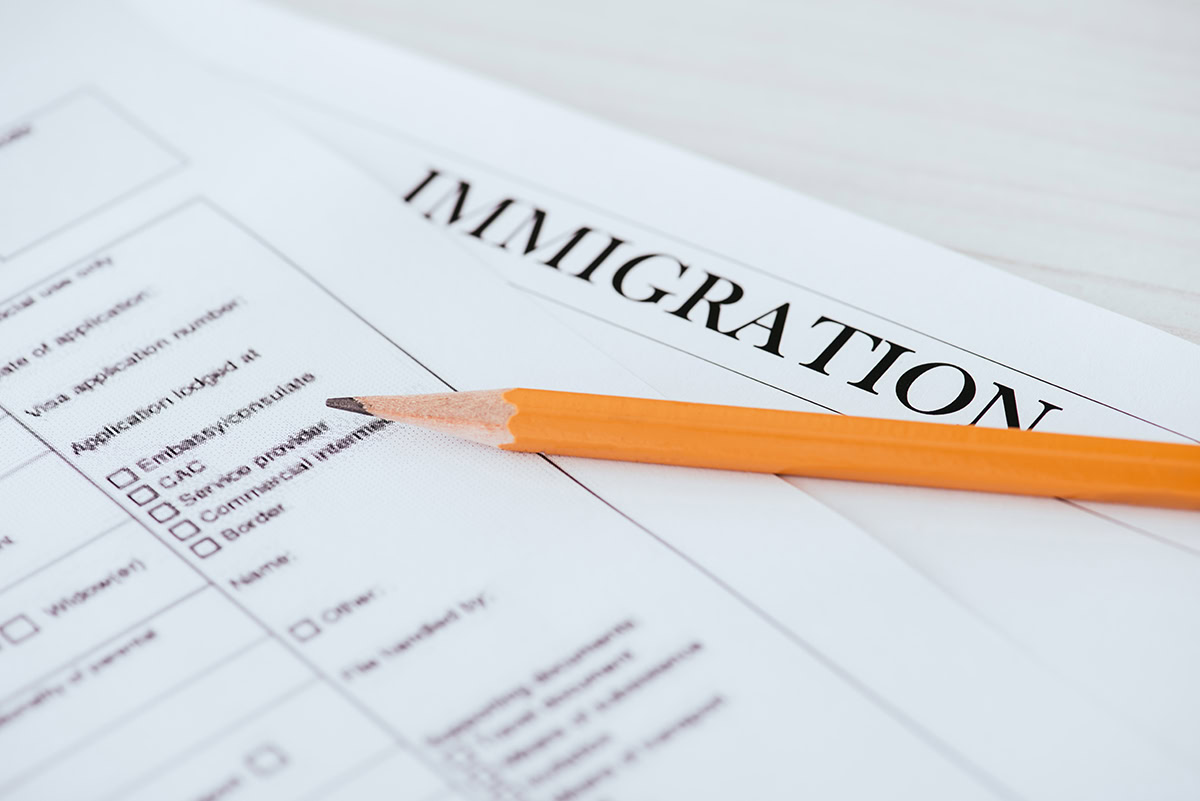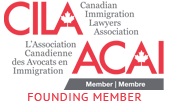Facing a Canadian immigration interview can be a nerve-wracking experience—especially if you’re unsure what to expect. Whether you’re applying for a study visa, work permit, permanent residency, or spousal sponsorship, the interview process is a critical step in your journey. The goal is to confirm your eligibility, assess your credibility, and ensure your application aligns with Canadian immigration law.
In this blog, we’ll walk you through the most common immigration interview questions in Canada, how to prepare, and how a lawyer can assist you in making a strong impression during this pivotal moment.
Common Interview Questions
Immigration officers conduct interviews to verify the authenticity of your application. Questions vary depending on the type of visa or status you’re applying for, but they generally fall into a few key categories.
1. Personal Background
These questions help officers understand your identity, history, and ties to your home country.
- What is your full name, date of birth, and place of birth?
- Can you describe your family background?
- Have you ever traveled to Canada or another country before?
- Do you have relatives in Canada?
- Have you ever been refused a visa before?
2. Purpose of Visit or Immigration
This section evaluates the legitimacy of your reason for coming to Canada.
- Why do you want to immigrate to Canada?
- Why did you choose this particular province or city?
- What do you plan to do once you arrive?
- Do you intend to return to your home country?
➡️ Related: Apply for a Work Permit | Apply for a Study Visa
3. Educational and Work History
These questions assess your qualifications and consistency with your application.
- What degrees or diplomas do you have?
- What did you study, and why?
- Can you explain any employment gaps?
- What is your current or previous job?
- How does your background relate to your plans in Canada?
4. Financial Questions
Officers want to ensure you can support yourself in Canada without burdening public resources.
- How will you finance your stay?
- Do you have proof of funds?
- Who is sponsoring your visit or immigration?
- Can you show financial ties to your home country?
5. Spousal Sponsorship Interviews
If you’re applying under spousal sponsorship, officers may ask highly personal questions to assess the genuineness of the relationship.
- How and when did you meet your spouse?
- What are your spouse’s hobbies, family members, or routines?
- What is your spouse’s birthday or favorite food?
- Have you lived together, and do you share financial responsibilities?
➡️ Learn more about Spousal Sponsorship
6. Intent and Immigration Compliance
The officer may try to detect red flags like intent to overstay or misrepresent.
- Are you planning to stay in Canada permanently?
- Do you know the conditions of your visa?
- Will you work or study while in Canada?
How to Prepare for Your Immigration Interview
Proper preparation is essential to passing your Canadian immigration interview. Here’s how to ensure you’re ready for any question.
1. Review Your Application Thoroughly
The officer will likely have your file in front of them. Any inconsistencies between your answers and your application may raise red flags.
Action Steps:
- Re-read your submitted forms and supporting documents
- Make sure dates, names, and job roles are consistent
- Know your NOC code (for work-related applications)
2. Practice Common Questions
Create a mock interview setting with a friend, family member, or immigration lawyer. Answer questions out loud to build confidence and fluency.
Tip: Practice answering naturally—don’t memorize scripts.
3. Bring All Supporting Documents
Always bring originals and copies of important documents, including:
- Passport and visa or permit
- Offer letters, resumes, degrees
- Financial documents (bank statements, pay stubs)
- Relationship proof (photos, messages, joint accounts for sponsorships)
Organize them in a binder with labeled tabs to easily retrieve items when asked.
4. Dress and Present Professionally
Dress modestly and professionally, even if the interview is conducted virtually. First impressions matter.
5. Stay Calm and Be Honest
If you don’t know an answer or misunderstand a question, ask for clarification rather than guessing. Guessing can lead to inconsistencies.
Avoid these red flags:
- Contradicting your application
- Providing false or incomplete answers
- Showing signs of memorization or coaching
Legal Support During the Interview Process
Having an experienced immigration lawyer is especially helpful when your application is complex, previously refused, or under scrutiny.
1. Interview Coaching and Preparation
A lawyer can help you understand:
- What types of questions are likely based on your visa type
- How to answer truthfully without over-sharing or sounding rehearsed
- What documents to bring and how to explain your case
2. Legal Representation (When Applicable)
For some interviews—particularly those at the Immigration Division (ID) or Immigration Appeal Division (IAD)—you are allowed to have legal representation with you. This includes:
- Sponsorship appeals
- Admissibility hearings
- Residency obligation cases
3. Response to Procedural Fairness Letters (PFLs)
If the officer suspects misrepresentation or inadmissibility, you may be issued a PFL. A lawyer can:
- Draft a legal response
- Submit evidence to counter claims
- Prevent interview results from triggering refusal or bans
➡️ See our guide on Immigration Mistakes and How to Avoid Them
4. Post-Interview Follow-Up
If your interview raises concerns, your lawyer can:
- Submit clarifying documents
- Monitor your file status with IRCC
- Advise on further legal steps such as appeals or reconsideration requests
Sample Interview Scenarios by Application Type
Work Permit Applicant
Scenario: Applying for a work permit under the Global Talent Stream in Toronto.
Common Questions:
- What is your job title and employer?
- Can you describe your role and responsibilities?
- Why did this employer choose you?
Preparation Tips:
- Review your employment offer and job duties
- Bring letters from your employer and previous jobs
- Know your NOC code and how your skills fit it
➡️ Explore Work Permits in Canada
Study Permit Applicant
Scenario: International student applying to study at a Toronto university.
Common Questions:
- Why did you choose this school and program?
- What are your long-term career goals?
- How will you pay for tuition and living expenses?
Preparation Tips:
- Know your school’s name, location, and program details
- Be clear about your intent to study and return if applicable
- Show genuine interest in your field of study
➡️ Learn more about Study Visa Applications
Spousal Sponsorship Applicant
Scenario: Sponsoring a spouse from abroad for permanent residency.
Common Questions:
- When and how did your relationship begin?
- How often do you communicate?
- Have you met each other’s families?
Preparation Tips:
- Bring photos, chat logs, call records
- Be ready for individual and joint interviews
- Avoid rehearsed or conflicting answers
➡️ Visit our Spousal Sponsorship Guide
Final Interview Tips
- Arrive Early (or log in 15 minutes early for virtual interviews)
- Be Courteous and respectful to all staff and officers
- Use Clear, Concise Language – avoid overly technical or long-winded answers
- Watch Body Language – sit up straight, maintain eye contact, and stay relaxed
Conclusion
Immigration interviews are a critical step in Canada’s screening process—one that can determine whether your application is accepted or denied. By knowing what to expect and preparing with purpose, you can enter the room (or video call) with confidence.
At Kurzfeld Law Firm, we specialize in preparing clients for immigration interviews of all types—from visa interview prep to complex PR interview tips. With over 20 years of experience, we ensure your case is presented clearly, legally, and professionally.
➡️ Whether you’re preparing for a Work Permit, Study Visa, or Spousal Sponsorship, contact Kurzfeld Law Firm today to schedule your preparation session.





